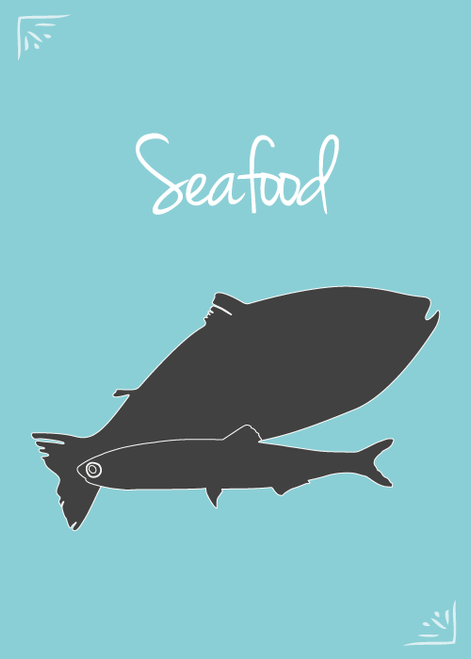Cautions:
Avoid feeding seafood & fish to all cats.
Avoid feeding seafood & fish to animals with renal/kidney, urinary or bladder imbalances, weaknesses or conditions of concern.
Avoid seafood in individuals that commonly experience histamine reactions or mast cell activation syndrome.
Feeding & Handling:
Keep frozen and serve frozen (most dogs prefer this and may not tolerate/consume if served defrosted)
When introducing fish for the first time, start with a small slice/piece once per day. Increase to feeding a full fish or larger amounts, over a week or two.
Quantity:
Feed fish as up to 10% of the overall menu or diet for best results.
Certain breeds of dogs with a genetic/breed indigenous or ancestral heritage originating from cultures or regions for which seafood is a primary or predominant food may do best with larger amounts in the diet, but we do not recommend exceeding 30% maximum long-term.
Please learn more about feeding seafood on our blog here:








